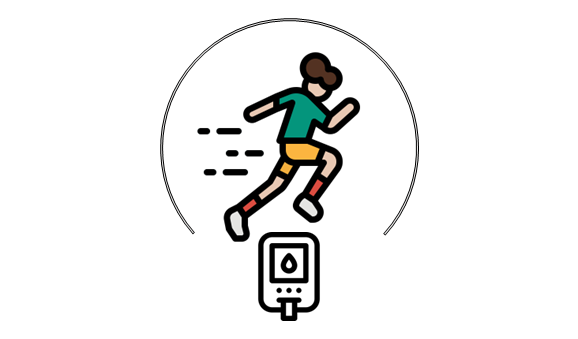
Modeling hypoglycemia risk in T1D
The goal of this project is to build mixed effects machine learning models to study the effect of different forms of exercise on hypoglycemia risk during and up to 24 hours after physical activity.
Thank you for visiting my research website. I am currently an Assistant Professor at OHSU working in the Artificial Intelligence for Medical Systems (AIMS) Lab. Prior to joining the BME Department at OHSU, I was a Senior Imaging Scientist at Intel Corporation. I obtained my Ph.D. in Electrical Engineering from the University of Texas at San Antonio where I worked with Dr. Sos S. Agaian.
Computational biology ▪ artificial intelligence (AI) ▪ data-driven modeling ▪ physiology-guided machine learning ▪ biomedical image analysis ▪ diabetes technologies ▪ computer-aided diagnosis ▪ computer vision.
| New paper 03/2025 |
A. J. L. Martins et al., “A comprehensive review of non-invasive optical and microwave biosensors for glucose monitoring,” Biosensors and Bioelectronics, vol. 271, p. 117081, Mar. 2025, doi: 10.1016/j.bios.2024.117081. |
| ATTD Conference 03/2025 |
Clara has been invited to speak at ATTD 2025 in Amsterdam, The Netherlands. She will participate in the following two sessions: (1) Hypoglycemia: detection, prevention, and management strategies, and (2) Digital twins and AI. |
| New paper 10/2024 |
V. Roquemen-Echeverri et al., “External evaluation of a commercial artificial intelligence-augmented digital auscultation platform in valvular heart disease detection using echocardiography as reference standard,” International Journal of Cardiology, vol. 419, p. 132653, Jan. 2025, doi: 10.1016/j.ijcard.2024.132653. |
| 2024 Oregon Bioengineering Symposium 11/2024 |
Valentina will deliver a lighting talk on physiology-guided AI digital twins in type 2 diabetes at the 2024 OBS in Portland, OR. |
| New award 10/2024 |
Valentina received an NIH NIDDK travel award to participate in a workshop on AI in precision medicine for diabetes and other chronic diseases in Rockville, MD. Congratulations! She will deliver a flash talk on our work on explainability of nocturnal low glucose predictions in type 1 diabetes. |
| New paper 05/2024 |
C. Mosquera-Lopez and P. G. Jacobs, “Digital twins and artificial intelligence in metabolic disease research,” Trends in Endocrinology & Metabolism, May 2024, doi: 10.1016/j.tem.2024.04.019. |
| X Endimet - International Conference on Endocrinology, Diabetes, and Metabolism 03/2024 |
Clara was an invited speaker and discussed applications of AI in diabetes management in Cartagena, Colombia. |
| ATTD Conference 03/2024 |
Valentina, Leah, and Peter present the work of the AIMS Lab on (1) physiology-guided AI digital twins in type 1 diabetes, (2) AI-based inference of meal insulin dosing behavior in people with type 1 diabetes, and (3) automated meal detection for closed loop at the 17th ATTD Conference in Florence, Italy. |
| New paper 11/2023 |
P. G. Jacobs et al., “Artificial intelligence and machine learning for improving glycemic control in diabetes: best practices, pitfalls and opportunities,” IEEE Rev. Biomed. Eng., pp. 1–19, 2023, doi: 10.1109/RBME.2023.3331297. |
| The DiabetesMine Innovation Summit 11/2023 |
Clara presents the work of the AIMS Lab on automated meal detection for closed loop in San Diego, CA. |
| Virtual Diabetes Technology Meeting 11/2023 |
Clara presents the work of the AIMS Lab on uncertainty-aware nocturnal hypoglycemia prediction. |
| New paper 10/2023 |
C. Mosquera-Lopez et al., “Combining uncertainty-aware predictive modeling and a bedtime Smart Snack intervention to prevent nocturnal hypoglycemia in people with type 1 diabetes on multiple daily injections,” Journal of the American Medical Informatics Association, p. ocad196, Oct. 2023, doi: 10.1093/jamia/ocad196. |
| New paper 09/2023 |
T. Kushner, C. Mosquera-Lopez, A. Hildebrand, M. H. Cameron, and P. G. Jacobs, “Risky movement: Assessing fall risk in people with multiple sclerosis with wearable sensors and beacon-based smart-home monitoring,” Multiple Sclerosis and Related Disorders, vol. 79, p. 105019, Nov. 2023, doi: 10.1016/j.msard.2023.105019. |
| New paper 03/2023 |
C. Mosquera-Lopez et al., “Enabling fully automated insulin delivery through meal detection and size estimation using Artificial Intelligence,” npj Digit. Med., vol. 6, no. 1, Art. no. 1, Mar. 2023, doi: 10.1038/s41746-023-00783-1. |
| New paper (Recognized as paper of the month by OHSU School of Medicine) 02/2023 |
C. Mosquera-Lopez, K. L. Ramsey, V. Roquemen-Echeverri, and P. G. Jacobs, “Modeling risk of hypoglycemia during and following physical activity in people with type 1 diabetes using explainable mixed-effects machine learning,” Computers in Biology and Medicine, vol. 155, p. 106670, Mar. 2023, doi: 10.1016/j.compbiomed.2023.106670. |
| New QSB award 02/2023 |
The BE-In-AIMS internship program will be supported by the 2023 OHSU Quantitative and Systems Biology (QSB) award; with Dr. Jacobs |
As a research faculty in the AIMS Lab, I am involved in multiple research projects in the general field of computational biology. Below are selected projects in which I am a principal investigator (PI or co-PI).

The goal of this project is to build mixed effects machine learning models to study the effect of different forms of exercise on hypoglycemia risk during and up to 24 hours after physical activity.

The goal of this project is to develop and evaluate (in a clinical trial) the effect of a personalized machine-learning-based recommender system that analyzes glucose profile and physical activity to predict at bedtime the likelihood of overnight hypoglycemia.
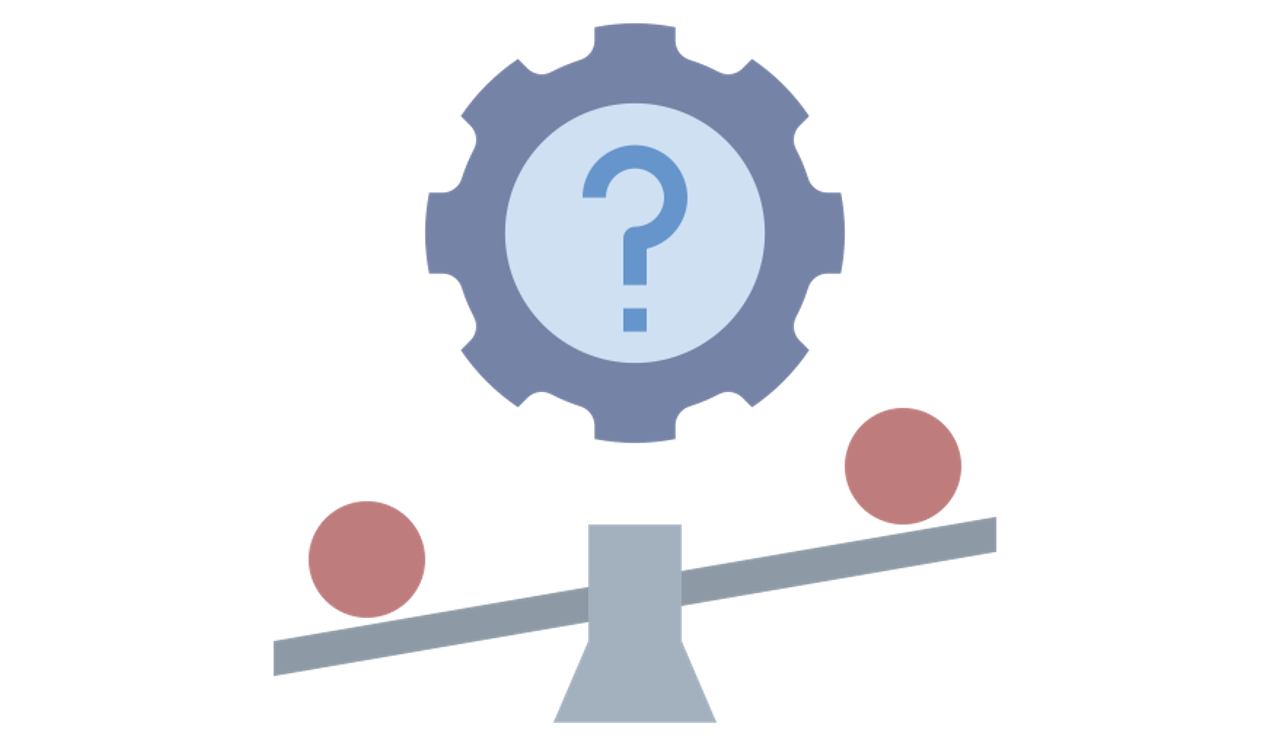
With Co-PI Dr. Jacobs
BE-In-AIMS creates opportunities for students from diverse backgrounds or underrepresented groups to participate in world-class research at the intersection of AI and medical systems design and development. The specific focus of this program is to explore how racial, gender, or other bias impacts the performance of machine learning algorithms.

The goal of this project is to build an open-source AI-based digital twin generator for replicating personalized glucose dynamics in people with type 1 and type 2 diabetes.
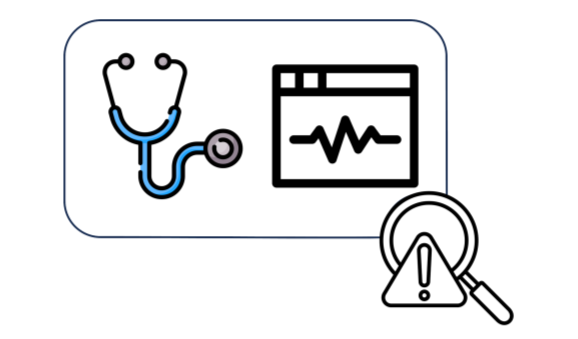
With Tellunostics LLC
The goal of this project is to build a new AI-powered cardiac auscultation device for improved structural heart murmur diagnosis.
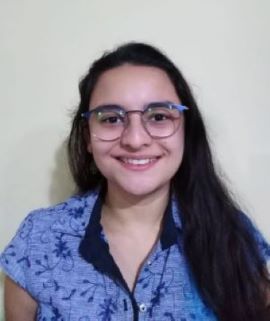
PhD student, BME|OHSU, Co-advised with Dr. Jacobs
Spring 2022 ▸
Valentina holds a BSc in Physics from the Universidad de Antioquia (COL). Her research focuses on physiology-guided AI and its applications in computational cardiology and diabetes technologies. Learn more
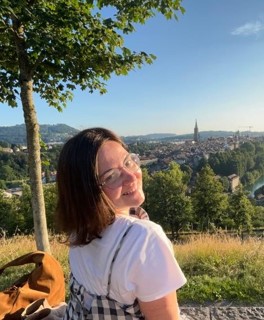
PhD student, University of Bern, Co-advised with Dr. Garcia-Tirado
Spring 2023 ▸
Clara holds a BSc in Biomedical Engineering from the University of Barcelona (ESP) and an MSc in Medical Engineering (Informatics) from the KTH Royal Institute of Technology (SWE). Her research involves combining mathematical physiological models with artificial intelligence to develop innovative solutions that can help individuals with diabetes manage their condition more effectively. GitHub / Learn more
Below is a list of collaborators and researchers I work with, who are not members of the AIMS Lab.
| Dr. Melanie B. Gillingham | Molecular and Medical Genetics, OHSU (USA) |
| Dr. Jhonattan Cordoba-Ramirez | Dept. of Electrical Eng., Federal University of Minas Gerais - UFMG (Brazil) |
| Dr. Jorge Mahecha-Gomez | Institute of Physics, Universidad de Antioquia (Colombia) |
| Dr. Edison Montoya | Institute of Mathematics, Universidad de Antioquia (Colombia) |
| Dr. Taisa Kushner | Galois, Inc. (USA) |
| Dr. Jose Garcia-Tirado | University Clinic of Diabetes, Endocrinology, and Metabolism, University of Bern (Switzerland) |
| Fall 2021, Winter 2022, Spring 2022, Summer 2022, Fall 2022, Winter 2023, Fall 2023, Fall 2024 | OHSU | BME 610NN/605 | Machine Learning/Mathematical Modeling Group, with Dr. Jacobs |
| Spring 2023 | OHSU | BME 680 | Digital Signal Processing, with Dr. Jacobs |
T1D: type 1 diabetes | MS: multiple sclerosis | BioSen: biosensors | PCa: prostate cancer | DS: data science